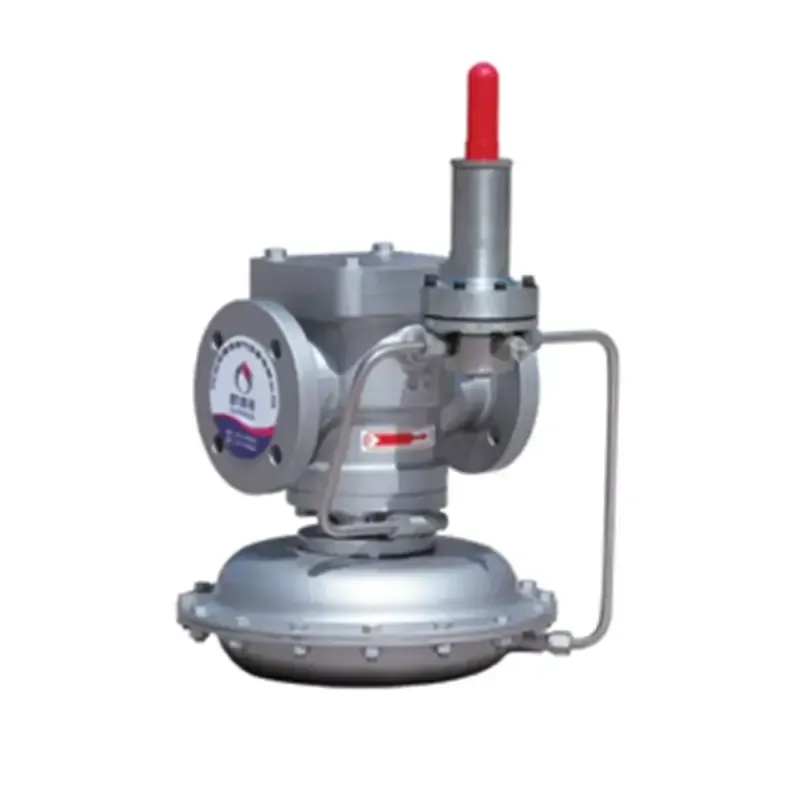
Oct . 03, 2024 08:55
Back to list
Natural Gas Filtration and Separation Methods for Enhanced Efficiency and Purity
Natural Gas Filter Separator An Essential Component in Natural Gas Processing
Natural gas, a crucial source of energy, is often found in its raw state along with impurities and other contaminants that need to be removed before its utilization. One of the key components in the processing of natural gas is the filter separator. This equipment plays a vital role in ensuring the purity of the gas that eventually reaches consumers and industries.
What is a Natural Gas Filter Separator?
A natural gas filter separator is a device designed to remove liquids and solid particulates from natural gas streams. It typically combines two functions filtering the gas to remove impurities and separating the liquid hydrocarbons and water from the gas. This dual function is essential since the presence of liquids can lead to pipeline corrosion, reduced efficiency, and other operational issues in downstream processing systems.
How Does It Work?
The operation of a natural gas filter separator involves several stages
1. Inlet Section The raw natural gas enters the separator through an inlet section designed to allow the gas to expand and slow down, which encourages the separation of heavier contaminants.
2. Filtration As gas flows through the separator, it passes through a filter element that captures solid particles, such as sand, rust, and other debris. This filter element can be made from various materials, depending on the specific requirements and the nature of the impurities to be removed.
3. Separation Section After filtration, the gas enters the separation section. Here, the difference in density causes the heavier liquid hydrocarbons and water to fall to the bottom, while the purified gas rises to the top. Some filter separators incorporate coalescing technology, which helps water droplets combine and grow larger, facilitating easier separation.
4. Outlet Section The purified natural gas exits through the outlet section, ready for further processing or direct delivery to consumers. Meanwhile, the collected liquids are often drained away to a collection vessel for further handling or disposal.
natural gas filter separator

Key Benefits
The integration of filtering and separation in a single unit provides several advantages
- Efficiency By removing contaminants right at the source, filter separators enhance the overall efficiency of gas processing systems. - Cost Savings Effective filtration and separation processes result in fewer maintenance issues, thus lowering operating costs for gas processing facilities. - Environmental Protection By ensuring that only clean gas enters pipelines, filter separators help minimize the risk of spills and leaks that could lead to environmental contamination.
Applications
Filter separators are utilized in various natural gas applications, including
- Gas Processing Plants To purify gas before it is sent to pipelines. - Gas Transmission To ensure that the gas delivered through pipelines is free of liquids that can cause corrosion or operational problems. - Oil and Gas Production In upstream applications where natural gas is extracted alongside crude oil and other fluids.
Conclusion
The natural gas filter separator is a vital technology in the natural gas industry, essential for maintaining the quality and integrity of natural gas streams. As the demand for clean and efficient energy sources continues to grow, the importance of effective filtration and separation processes will only increase. By investing in advanced filter separator technology, companies can enhance their operations, reduce environmental impact, and ensure compliance with regulatory standards.
In summary, filter separators not only play a critical role in the natural gas supply chain but also contribute directly to the sustainability and efficiency of energy production and consumption, making them indispensable in the ongoing transition to cleaner energy solutions.
Latest news
-
Safety Valve Spring-Loaded Design Overpressure ProtectionNewsJul.25,2025
-
Precision Voltage Regulator AC5 Accuracy Grade PerformanceNewsJul.25,2025
-
Natural Gas Pressure Regulating Skid Industrial Pipeline ApplicationsNewsJul.25,2025
-
Natural Gas Filter Stainless Steel Mesh Element DesignNewsJul.25,2025
-
Gas Pressure Regulator Valve Direct-Acting Spring-Loaded DesignNewsJul.25,2025
-
Decompression Equipment Multi-Stage Heat Exchange System DesignNewsJul.25,2025

